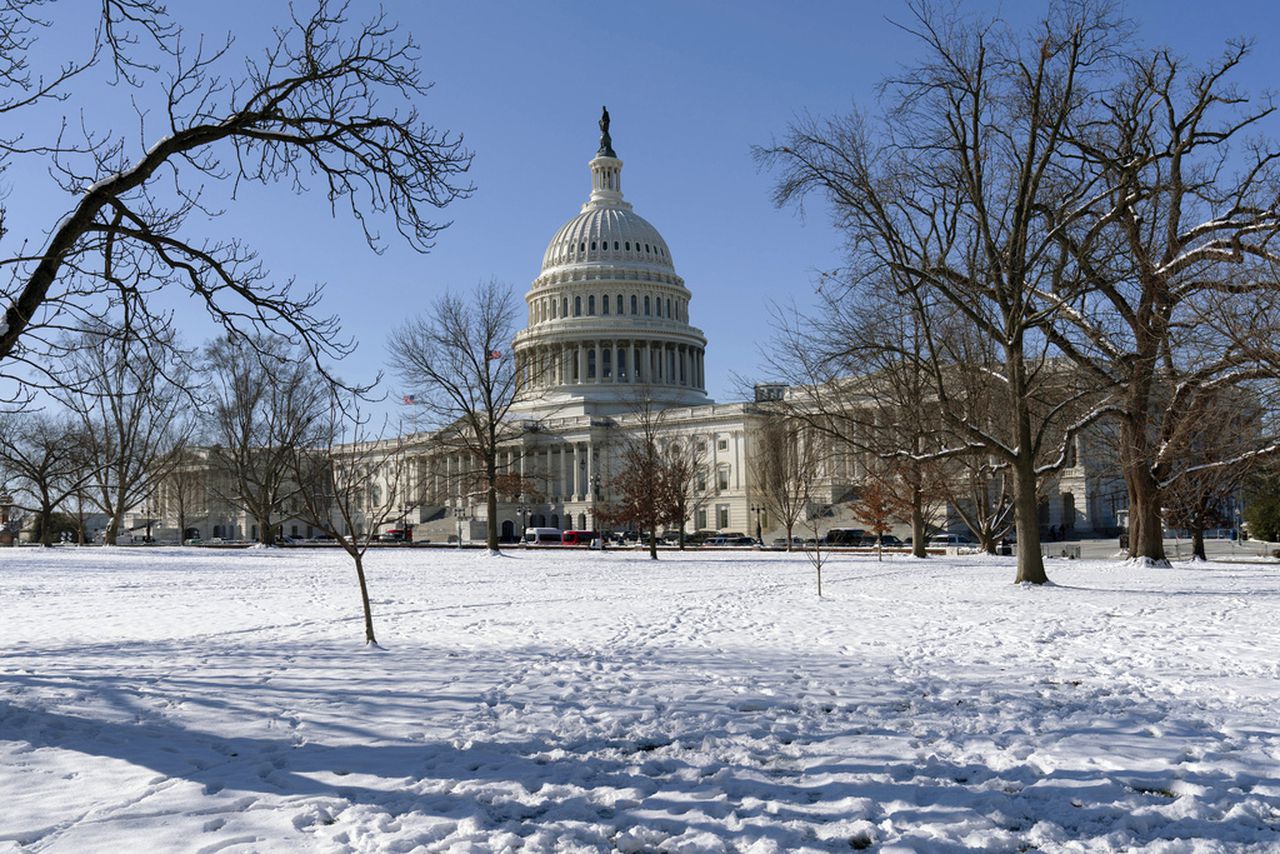Congressâ inability to pass year-long budget instead of stopgap bills endangers critical programs
Lawmakers passed a continuing resolution last night, averting a partial government shutdown as President Joe Biden signed it into law on Friday afternoon.
The temporary resolution sustains funding for agencies like the Department of Housing and Urban Development (HUD) until March, when Democrats and Republicans will again weigh funding cuts that put millions of vulnerable families at risk.
“Unfortunately, because of decades of underfunding by Congress, the nation’s affordable housing safety net is vastly insufficient to meet the level of need.” Kim Johnson, Manager of Public Policy at National Low Income Housing Coalition, said.
Johnson said people making less than the Area Medium Income or living below the poverty line are hardest hit by the uncertainty about continued funding for HUD programs and potential budget cuts. As costs of living continue to rise, families who rely on public assistance for housing are forced to spend more and more of their income — as much as 50 percent, Johnson said — on housing over time.
Johnson called this the housing cost burden and it often means families have less money for necessities like food and medicine. Many are “one unexpected bill, missed paycheck or emergency away from facing eviction and in extreme cases homelessness” Johnson said.
“Increased homelessness is the tragic, but predictable, consequence of cutting funding for the programs that help keep people safely, stably housed,” she said.
If Congress fails to intervene before May 1, automatic spending cuts could push more than half a million families off of their housing benefits, putting many at risk of homelessness, HUD officials have said.
The steep cuts would also force the already understaffed agency to furlough staff members and cut other HUD programs.
Johnson said it would almost surely delay important internal processes like grant application reviews and approvals, as well as decrease the agency’s capacity to conduct Fair Housing investigations, inspections of HUD-assisted housing, all of which reduce the number of families HUD is able to serve.
HUD’s housing choice voucher program alone accounts for most of HUD’s spending, subsidizing rent for more than 2 million households.
Proposed compromises between party members suggest cutting housing assistance significantly, however. An early deal between Republican House Speaker Mike Johnson and Democratic Senate Majority Leader Chuck Schumer eliminated about 80,000 Housing Choice Vouchers.
Even the proposed increases fall short, according to Kim Johnson. Previous estimates show HUD would need a $13 billion dollar increase to fully fund all of its programs due to the drastic rise in the cost of rent, inflation and lower receipts from the Federal Housing Administration, which typically help offset HUD spending. The House’ draft bills provided a $6.4 billion increase to HUD and the Senate provided an increase of $8.26 billion, resulting in a loss of 80,000 and 112,000 vouchers respectively.
“Congress can — and must — prioritize full renewal of all existing HCV contracts, in order to ensure households do not lose the assistance they rely on to keep a roof over their heads,” Johnson said.
Congress’s short-term spending plan will keep the government funded until early March.
